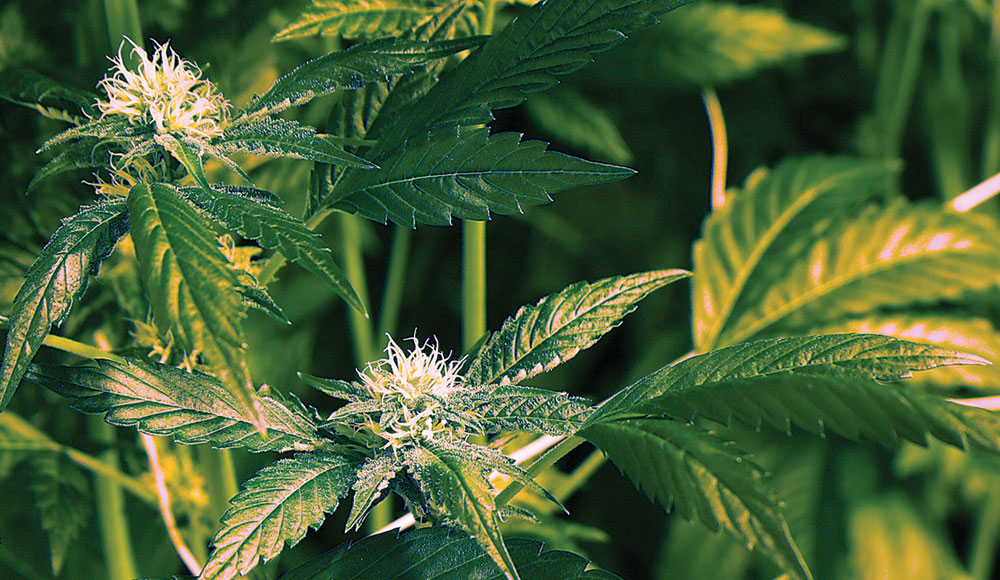Even in this age of shamelessness, it’s been astonishing to watch business leaders bend the knee to Donald Trump as he prepares to take office.
Newspaper owners like the Los Angeles Times’ Patrick Soon-Shiong and the Washington Post’s Jeff Bezos, after years of staying mostly hands-off, have suddenly forced their journalists to move in a pro-Trump direction.
CEOs of companies including Apple (Tim Cook) Uber (Dara Khosrowshahi) and Amazon (Bezos again) have written million-dollar checks to Trump’s inaugural committee, forsaking their basic human dignity in return for government perks including, perhaps “not going to prison.”
But no mogul has debased himself more than Facebook’s Mark Zuckerberg (whom Trump has threatened with a life sentence). He cut the check. He bent the knee. But he also publicly and explicitly signed on with Trump’s authoritarian cause, declaring in the name of “free speech” that the fading social-media service he started as a way to rate the attractiveness of college women will now allow all kinds of bigotry and dangerous conspiracy theories to be posted unchecked. (While he was at it, he ordered that tampons be removed from the company’s men’s rooms. Really.)
And yet, if you search on Facebook (or Instagram, or Threads) for “cannabis,” you’ll be out of luck, and if you mention weed, you still might be censored. That was really weird even before all this, but it’s far weirder now that Facebook users are allowed to say, for instance, that Covid vaccines might kill you or that being gay or trans is a symptom of “mental illness.”
The company isn’t talking outside of issuing statements and having its weird, pallid CEO go on Joe Rogan to say all kinds of loopy shit, like how American business needs more “masculine energy.” But it appears that, as before, Facebook still considers cannabis an illegal “drug” and will continue to block searches and even censor content (albeit in a haphazard, impossible-to-predict fashion). In its announcement of the policy changes, Facebook stated that it will “continue to focus on tackling illegal and high-severity violations, like terrorism, drugs, fraud and scams.”
So, presumably, you can tell people to inject bleach or declare that their sexuality is a sickness, but don’t go talking about how high you got last night, or (more to the point, really) how weed helped get you off fentanyl or relieved your chronic pain. Also, don’t talk about how you want to blow up the Washington Monument, which is nearly as bad.
“Haphazard and impossible-to-predict” is a wild understatement. Facebook’s content “moderation” has always been something of a joke. For years, I have periodically reported a particular page that’s full of horrifying racism and clearly violates the company’s terms of service, only to be told, every time, that in fact it doesn’t. And there is a ton of weed-oriented stuff on Facebook, including whole pages and groups dedicated to the topic, that goes entirely uncensored, often for years. At the same time, though, other weed content is subject to being vaporized, and nobody knows what the criteria are.
But the bigger problem is that searches for cannabis content are blocked by keyword. The cannabis-policy news site Marijuana Moment took note of the continued censorship last week. Reporter Ben Adlin reported that “even when searching for accounts that merely regulate state-legal marijuana, engage in political advocacy or simply report news related to the issue,” you can’t find them via Facebook search. “A query for ‘Massachusetts Cannabis Control Commission,’ ‘Marijuana Policy Project,’ or ‘Marijuana Moment,’ for example, yields no results and instead displays a notice encouraging users: ‘If you see the sale of drugs, please report it.’”
It should be noted that you can find those pages via Google.
All of this mess highlights how difficult it is to moderate content on a large social-media site, even when you have the best of intentions, as Facebook once pretended it had. But it also highlights how terrible Facebook in particular has always been on this score. It has changed moderation strategies so often over the years that it ultimately became impossible to gauge their effectiveness beyond concluding that it wasn’t very effective at all.
But if you still need a reason to abandon Facebook and all of Meta’s social-media sites, the fact that you can’t search on “cannabis” but you can search on the N-word should be enough.



